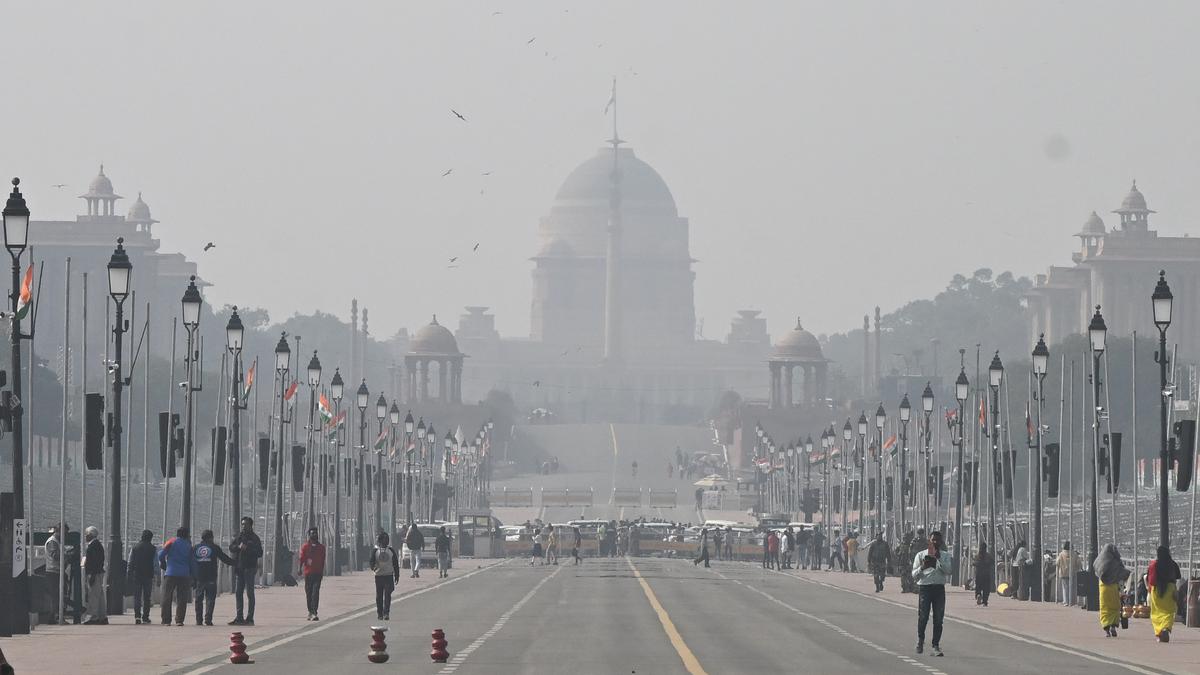
Pollution case: Supreme Court asks if there’s embargo on the number of vehicles a person can own in the same city
The Hindu
Supreme Court questions vehicle ownership limits and parking regulations in cities to combat rising air pollution levels.
The Supreme Court on Monday (January 20, 2025) asked if there was any restriction on the number of vehicles a person could own in the same city, and if there was a law that ensured commercial and residential complexes had enough parking spots on their premises.
“Is there any embargo on the number of vehicles a person can register? There are people who buy their second and third vehicles in the same city,” Justice A.S. Oka, who heads a Bench, asked advocates appearing for the Centre, National Capital Region areas, and local authorities in the capital city.
The court was considering a note prepared by the amicus curiae, senior advocate Aparajita Singh, which has recommended a robust and integrated public transport system for reducing the number of private vehicles, a prime cause for rising toxicity levels in air quality, on the roads of the national capital.
Justice Oka asked whether development regulations with respect to residential and commercial complexes had provisions which mandate that permission would not be given unless there was room for parking.
“Those who can afford to buy apartments in these residential complexes, they have two or three vehicles…” Justice Oka remarked.
The court said building regulations must make it clear how many parking spots were mandatory in residential and commercial complexes. “In some cities, an apartment is given two parking spaces, or at least one per apartment,” Justice Oka said.
The court said a substantial parking policy was necessary considering the large inflow of vehicles into the capital city.

 Run 3 Space | Play Space Running Game
Run 3 Space | Play Space Running Game Traffic Jam 3D | Online Racing Game
Traffic Jam 3D | Online Racing Game Duck Hunt | Play Old Classic Game
Duck Hunt | Play Old Classic Game











